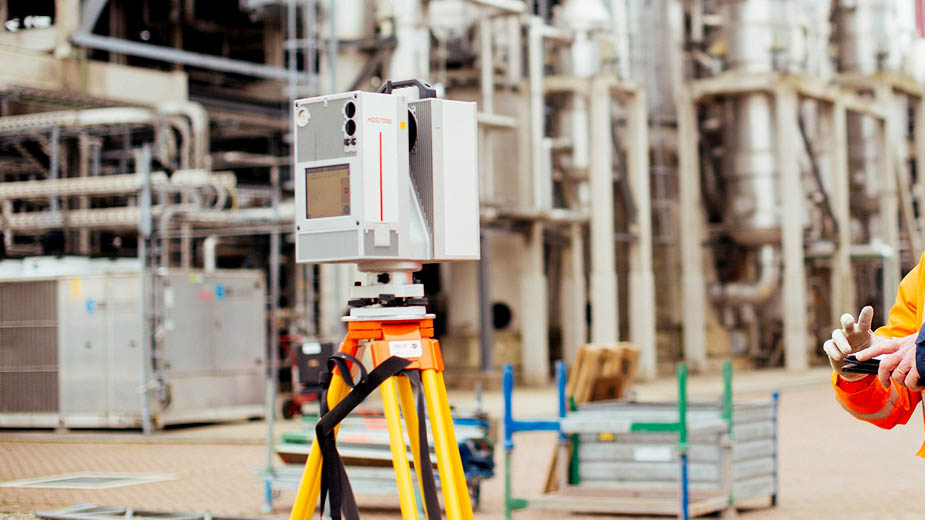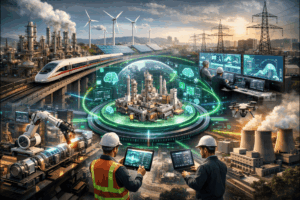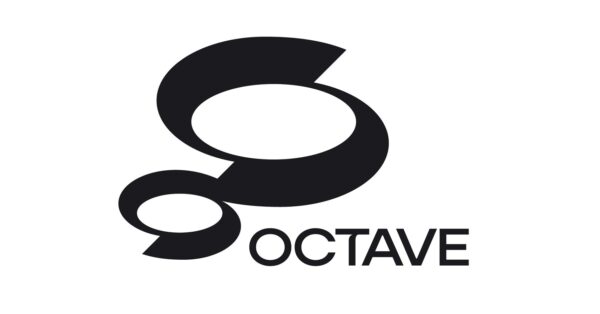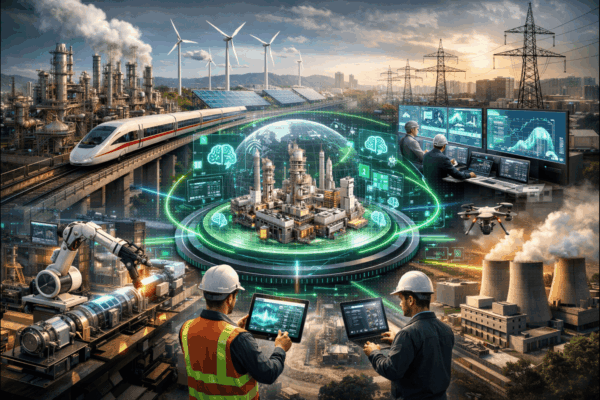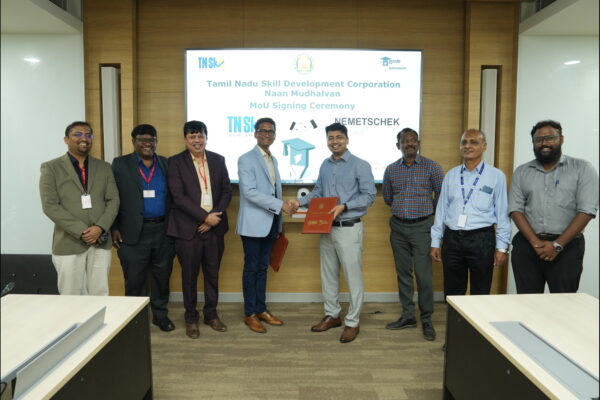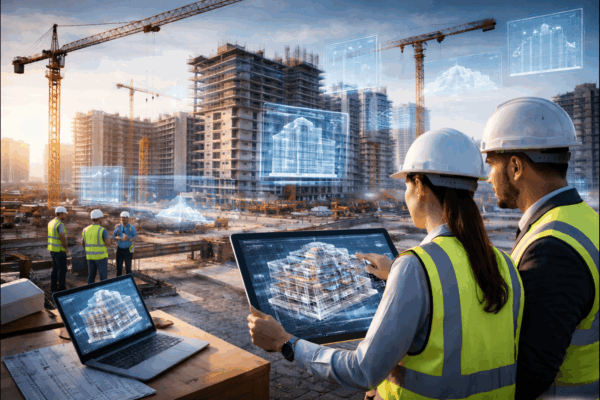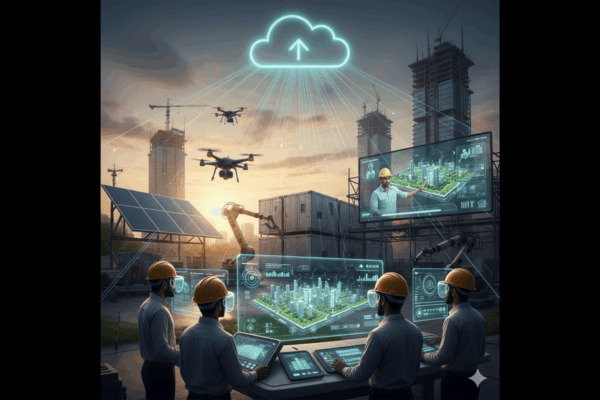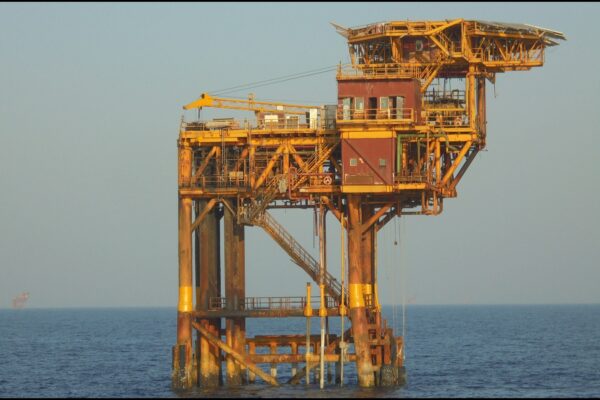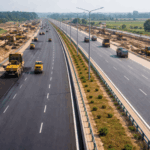Digital adoption to bring in new wave of sustainable growth in EPC
by Kiran Shetty, CEO, Conserve Buildcon LLP
Aggressive digital adoption or technology intervention has become a reality for the engineering, procurement and construction (EPC) industry at a time when the demand is recovering and rapidly evolving and profitability is under stress. Digital transformation will help companies enhance project execution standards, manage project timeline efficiently and drive down cost. Digital adoption in design and engineering, asset utilisation monitoring, supply chain integration ensures superior project delivery and better return on investment.
In EPC industry, digital applications like artificial intelligence (AI), building information modelling (BIM), Internet of Things (IoT) and augmented reality and virtual reality (AR/VR) have redefined the operational dynamics and started playing a critical role in overall efficiency.
In fact, AI, machine learning and robotics are unfolding a new phase of resource optimisation in the EPC industry. Robotics, in particular, has been automating essentially repetitive design works big time in developed countries and the trend is gaining pace in India, too. Similarly, use of AI is also gradually increasing in developing predictive designs. AI and robotics are leveraged while executing mechanical engineering and plumbing (MEP) designs– which are quite standardized – so that engineers can focus on delivering built-to-suit projects which are non-standard in nature and require a fully customized approach.
Managing standard designs with AI and robotics is not that complicated. All the designer has to do is to feed the standard parameters and calculations into the system. The technologies like generative design models do the rest once you feed in the specifications. The efficiency and productivity of the design engineers, thus, is utilized to enhance overall product delivery standard. AI gives EPC companies an opportunity to scale up pre-construction bandwidth without increasing resources, thus strengthening the bottom line.
AR/VR has also emerged as a game-changer, as it helps project teams and the clients build a constructive collaboration during the project implementation stage. Leveraging 3D data, designers and engineers can develop a connected construction environment virtually. Thanks to such platform powered by BIM and AR/VR, clients can track the progress of the projects concerned and suggest changes during the developmentphase. BIM, in particular, helps in detecting crucial bottlenecks in MEP designs in the development stages to avoid reworking the designs at the site. This technology integration also gives all the stakeholders involved in a project an indication how the project will look like after completion.
On the other hand, IoT has redefined the asset utilisation monitoring. By adopting IoT, EPC companies can identify preventive maintenance requirements and other predictive measures to enhance the life-cycle of the equipments. In addition, the technology gives regular updates on the health of the equipments. The connected nature of the technology helps companies track utilization levels and criticality of the assets deployed in various project sites so that real-time decisions can be made to enhance the overallutilization without affecting the schedules.
Technology is also impacting how surveys are done at the sites. Surveys using drones and other remote sensing technology have not only reduced the time required, but have improved the resolution to centimetres leading to accurate design and estimation. Drones are also being used for inspection and project monitoring as well. It is only a matter of few years before they become an integral part of any construction project.
Digital intervention also plays a key role in facilitating supply chain integration. An EPC company can leverage digital technologies to integrate its ERP platforms with the suppliers’ in a seamless manner while maintaining confidentiality and data privacy of the stakeholders.
Undoubtedly, digital adoption adds immense value to an EPC project by reducing engineering hours by enhancing design and procurement process, decreasing construction and operating overheads by facilitating better asset management and reducing downtime by managing equipment deployment smartly. It saves companies from cost and schedule overrun.
In India, the EPC industry is gradually becoming aware of the advantages that the digital disruptions bring to the table. The companies that have shown the foresight of opting for digital applications are now reaping tangible benefits in terms of enhanced productivity, efficiency and life-cycle of the assets and equipment. This result in not just elimination of cost and time overruns but provide a competitive advantage by significantly reducing project cost and timelines. Buoyed by those success stories, investment in digital technologies is set to increase further in the next five years.
However, adopting digital transformation challenges adaptability and change management skills of any EPC company. Once adaptability to such changes is ingrained into the company’s core ethos and culture, scaling up the digital vision by aligning the investments and skills becomes easier.

